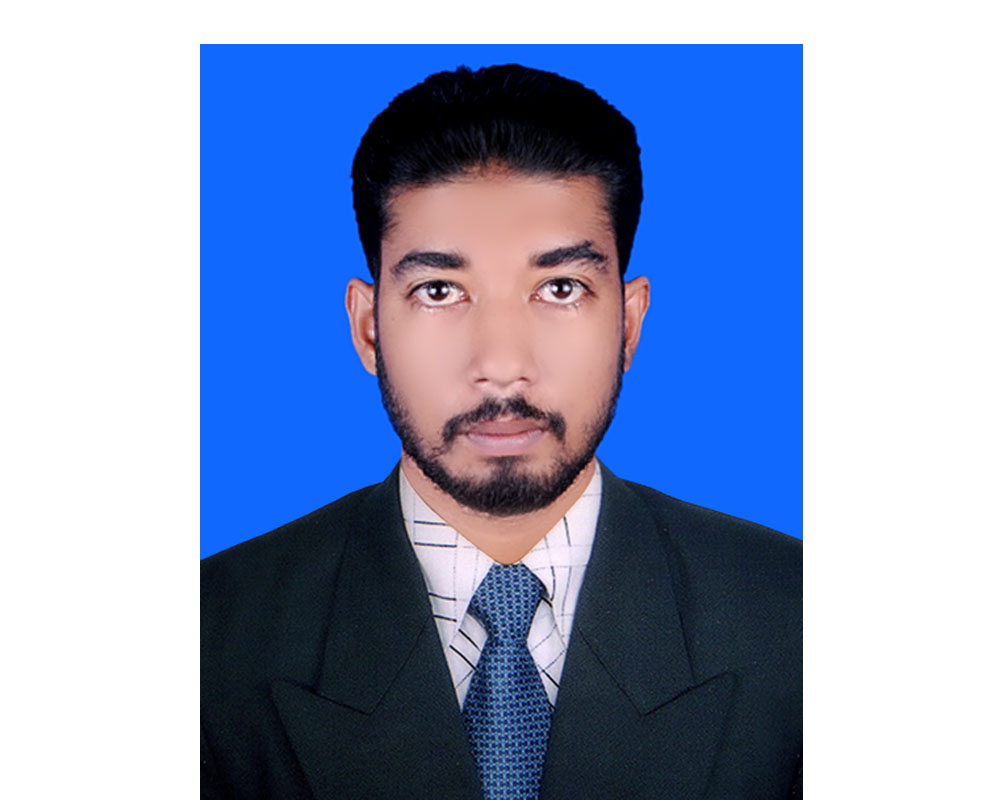
Microfinance Is building futures, but borrowers need stronger support-VPKA Foundation
 Holiday Post Report: Hafiz Al Asad, Executive Director of VPKA Foundation, says microfinance in Bangladesh has shown impressive outcomes. He sounds confident. He says the sector has helped poor people become financially self-sufficient. He believes it has been driving economic empowerment of the poor, especially women. According to him, microfinance has helped in poverty alleviation, encouraged micro-entrepreneurship, boosted savings, and improved financial inclusion. He adds that it’s also contributed to education and health services.
Holiday Post Report: Hafiz Al Asad, Executive Director of VPKA Foundation, says microfinance in Bangladesh has shown impressive outcomes. He sounds confident. He says the sector has helped poor people become financially self-sufficient. He believes it has been driving economic empowerment of the poor, especially women. According to him, microfinance has helped in poverty alleviation, encouraged micro-entrepreneurship, boosted savings, and improved financial inclusion. He adds that it’s also contributed to education and health services.
He acknowledges some cracks. Natural disasters damage small projects. Borrowers struggle. Many can’t repay installments. He says counseling becomes crucial in those times. “Borrowers are facing difficulties in repaying their loans,” he says. “It affects their financial stability and mental health.”
He points out a confusion among borrowers—too many institutions, too many interest rates. “They often fail to choose the right one,” he explains. And sometimes, they pick the wrong income-generating activity (IGA), and that leads to failure in repayment. “When the IGA is wrong, the loan fails,” he says, his tone serious.
Asked about the most pressing issue for microfinance institutions right now, he doesn’t hesitate. “Skilled manpower,” he says firmly. Without skilled people, the whole structure weakens.
But he also credits the government for its support. “The current policies and regulations from the government,” he says, “are making institutions stronger.” He says that more can be done. He proposes a project-based loss insurance scheme. “That would boost efficiency and help institutions grow faster.”
Hafiz thinks the sector has a solid role in helping Bangladesh reach its Sustainable Development Goals by 2041. “Microfinance will adjust to global conditions, develop capabilities, and contribute meaningfully,” he says.
When asked what changes MFIs need to stay relevant, he keeps it simple. “All responsible parties must act on time,” he says. “And they must take their duties seriously.”
His organization focuses on responsibility and communication. That’s how they push forward. He says they measure impact through ratio analysis—hard numbers that show real outcomes.
For the long term, he stresses three things: move to project-based lending, train customers well, and make sure customers’ products get a market. “That’s how we’ll ensure sustainability,” he says.
He doesn’t sound distant when talking about leadership. He speaks like someone who’s been there on the ground. “Love the work,” he advises other leaders. “Be there for the customers. Be there for your colleagues.”
And when he talks about the pandemic, he softens. “Customers were breaking down,” he says. “They were losing their small businesses. They were hopeless.” He says they stayed in touch—through phone calls, through visits. “We gave them courage,” he recalls. “And they believed us. They turned around.”
For Hafiz Al Asad, microfinance isn’t just numbers. It’s people. It’s trust. And it’s resilience.
Copyright © 2025 Holiday Post. All rights reserved.